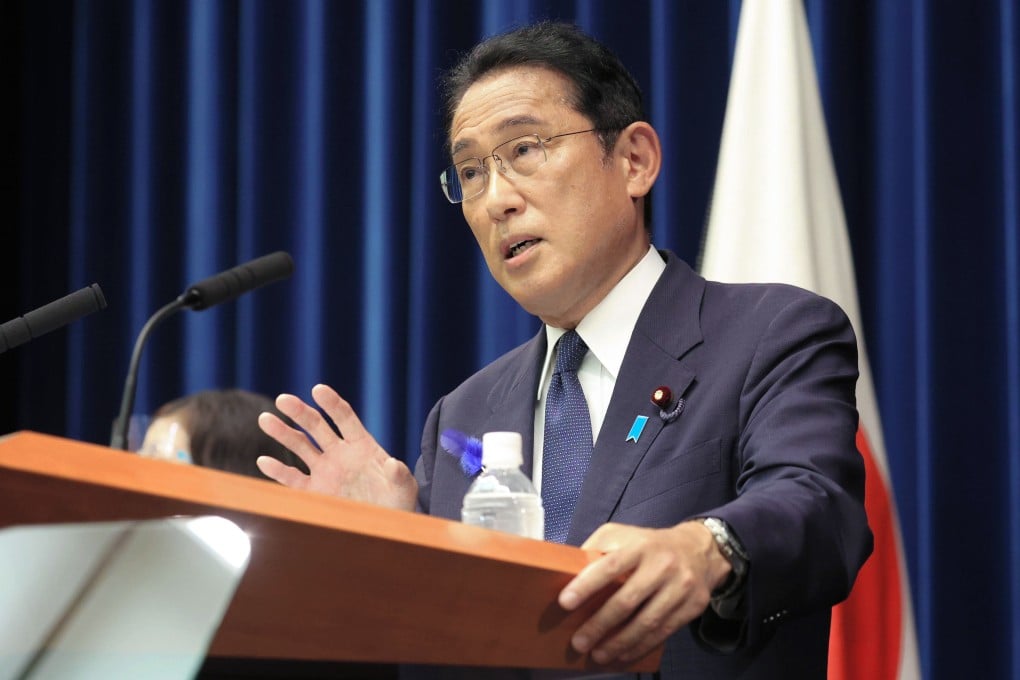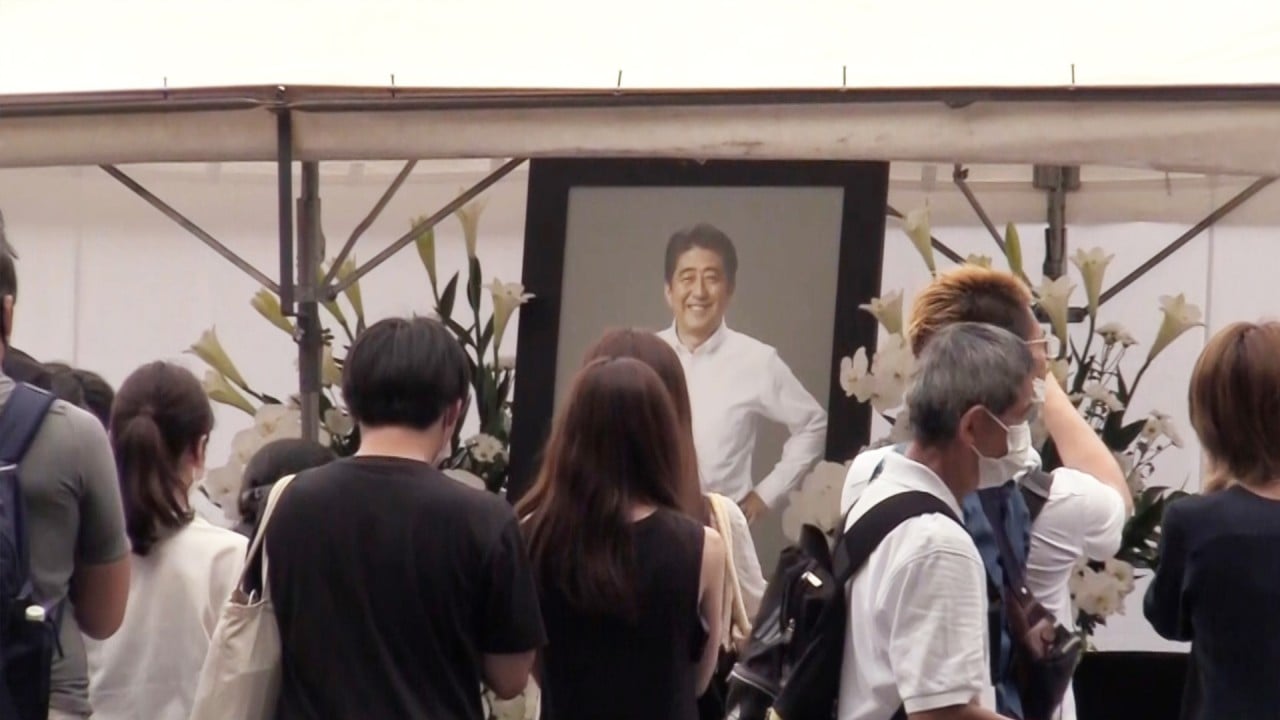Is Japan’s cabinet reshuffle linked to Unification Church or a ‘purge’ of Abe loyalists?
- Fumio Kishida’s culling of several high-profile cabinet members with ties to the religious organisation includes Nobuo Kishi, brother of the late Shinzo Abe
- Attempts by the PM to dispel concerns the church has any influence over government have been described by some observers as ‘hypocritical’ and ‘an excuse to purge’

Koichi Hagiuda, who has also confirmed that he gave a guest speech at an event linked to the Unification Church, lost his role as industry minister. Instead of leaving the ranks of the leadership entirely, Hagiuda was moved to the post of policy chief for the ruling Liberal Democratic Party. It is, however, seen as a downgrade on his previous role.
Kishida’s removal of several high-profile members of his administration has nevertheless proved controversial.
Many in the party have welcomed the departure of ministers with any hint of a link to the Unification Church as a decisive move that will dispel public concerns that the religious organisation has any influence over government.
Others say that Kishida, a moderate in the conservative LDP, has used the situation to rid his administration of a number of ministers who were ideologically close to Abe.
The former prime minister was far more of a hawk, even after he stepped down as prime minister and returned to the backbenches in September 2020, and it has been widely suggested that Abe was opposed to Kishida’s more centrist positions on issues, particularly when it came to foreign affairs and defence.
